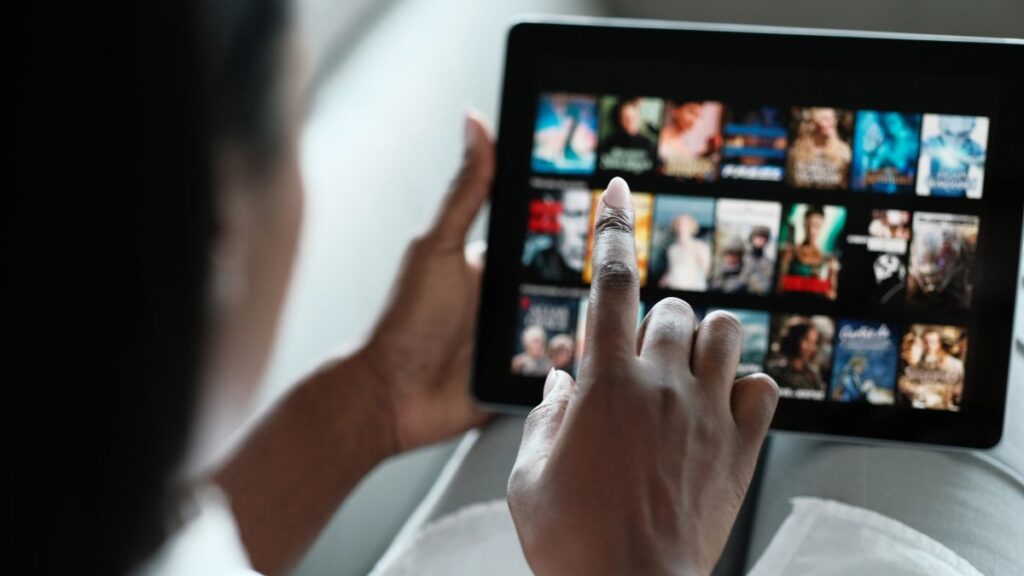Say Goodbye to Bad Money Habits: 16 Tips for Better Financial Status
Managing your money well is essential for building a secure financial future. Many people fall into habits that seem small but can hurt their wallets over time.
The good news is that simple changes can make a big difference in your financial health. Here are 16 tips to help you break bad money habits and set yourself up for success.
Impulse Buying

Buying something on an impulse can feel exciting, but you may regret it later. This habit can quickly drain your finances, especially if it happens regularly. To stop yourself from making impulse purchases, make a shopping list and stick to it. Give yourself a day to think before buying anything unplanned; it often helps you realize you don’t need it.
Not Tracking Expenses

If you don’t track your spending, it’s easy to wonder where all your money went. Little expenses add up quickly and can leave you short by the end of the month. Use a simple spreadsheet or an app to track where your money goes. Regularly reviewing your expenses can help you spot wasteful spending and make more intelligent choices.
Carrying Credit Card Debt

Letting your credit card balance roll over each month can cost you big interest payments. It’s a common mistake that makes it harder to get ahead financially. Aim to pay off your balance in full each month to avoid extra charges. If you already have debt, pay it down as quickly as possible.
Ignoring Savings

Skipping savings leaves you vulnerable to emergencies and unplanned expenses. Without a safety net, you may have to rely on credit cards or loans, which can be expensive. Set up an automatic monthly transfer to your savings account to build your financial cushion. Even small amounts add up over time and provide peace of mind.
Eating Out Too Often

Restaurant meals are convenient, but they are more expensive than cooking at home. Regular dining out can take a big bite out of your budget. Try meal prepping and planning ahead to save money while enjoying homemade food. To make dining out more rewarding, save it for special occasions.
Paying for Unused Subscriptions

Many forget about subscriptions they no longer use, like streaming services or gym memberships. These recurring charges can add up over time without you even noticing. Check your subscriptions regularly and cancel the ones you don’t need. It’s an easy way to save money with little effort.
Not Shopping Around

Jumping on the first deal you see can mean spending more than necessary. Comparing prices can lead to big savings if you are buying groceries, electronics, or insurance. Take advantage of price comparison tools and apps to find the best deals. Shopping around is a smart habit that can save you money over time.
Always Buying Brand Names

Choosing brand-name products over generic alternatives often costs more without added benefits. Store-brand items are usually just as good and much cheaper. Compare ingredients or quality before assuming a brand name is better. Making the switch can save you a surprising amount of money on everyday purchases.
Skipping a Budget

Without a budget, losing track of your money and overspending is easy. A simple budget helps you plan for expenses, set savings goals, and avoid unnecessary purchases. Start by listing your income and dividing it into categories like bills, savings, and fun. Stick to your plan and adjust as needed to stay on track.
Overpaying for Insurance

Paying too much for insurance is a common money leak that’s easy to fix. Review your policies annually to ensure you get the best coverage at a fair price. Shop around and compare quotes from different providers, or consider bundling policies for discounts. Regularly reassessing your insurance needs can save you money in the long run.
Using Payday Loans

Payday loans may seem like a quick fix, but their high interest rates make them a costly mistake. They can trap you in a cycle of debt that’s hard to escape. Instead, look for alternatives like borrowing from friends, family, or a credit union. Building an emergency fund can help you avoid needing payday loans altogether.
Neglecting Retirement Savings

Putting off retirement savings can leave you scrambling later in life. Start contributing to a retirement account to take advantage of compound interest as soon as possible. Even small contributions make a difference over time, especially if your employer offers a matching plan. Thinking ahead ensures a more secure and comfortable future.
Failing to Plan for Big Purchases

Buying expensive items without planning can strain your budget and lead to unnecessary debt. Save for big purchases ahead of time instead of relying on credit. Research prices and consider waiting for sales to get the best deal. Patience and preparation go a long way in managing significant expenses.
Relying on Convenience Services

Using services like food delivery or rideshares regularly can add up quickly. While convenient, these costs often outweigh their benefits over time. Cook at home, use public transportation, or carpool to save money. Cutting back on these services can make a noticeable difference in your monthly budget.
Keeping Up with the Joneses

Trying to match the lifestyle of friends or neighbors can lead to overspending. Focus on your own financial goals and what matters most to you. Living within your means and sticking to your priorities helps you stay on track. Remember, financial stability is more valuable than fleeting comparisons.
Related: Don’t Let Finances Ruin Your Relationship: 15 Ways to Find Financial Harmony With Your Partner

Achieving financial harmony as a couple involves establishing open and transparent communication about money matters. Jointly defining clear financial goals, maintaining a balanced budget, and allocating financial responsibilities can help manage your finances effectively.
Don’t Let Finances Ruin Your Relationship: 15 Ways to Find Financial Harmony With Your Partner







